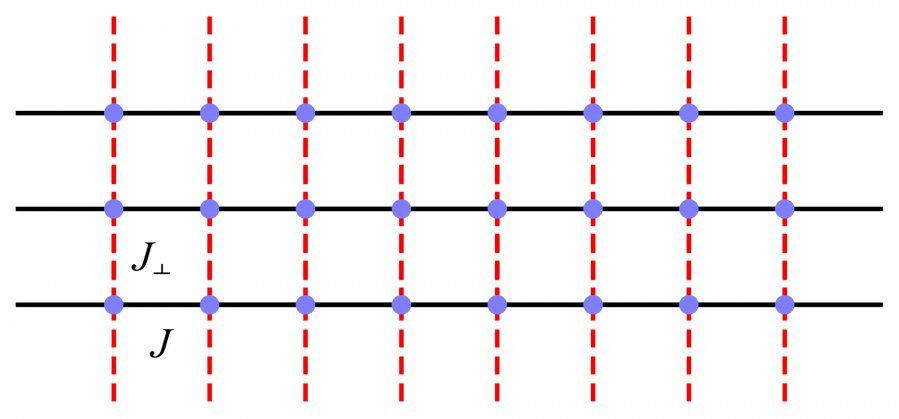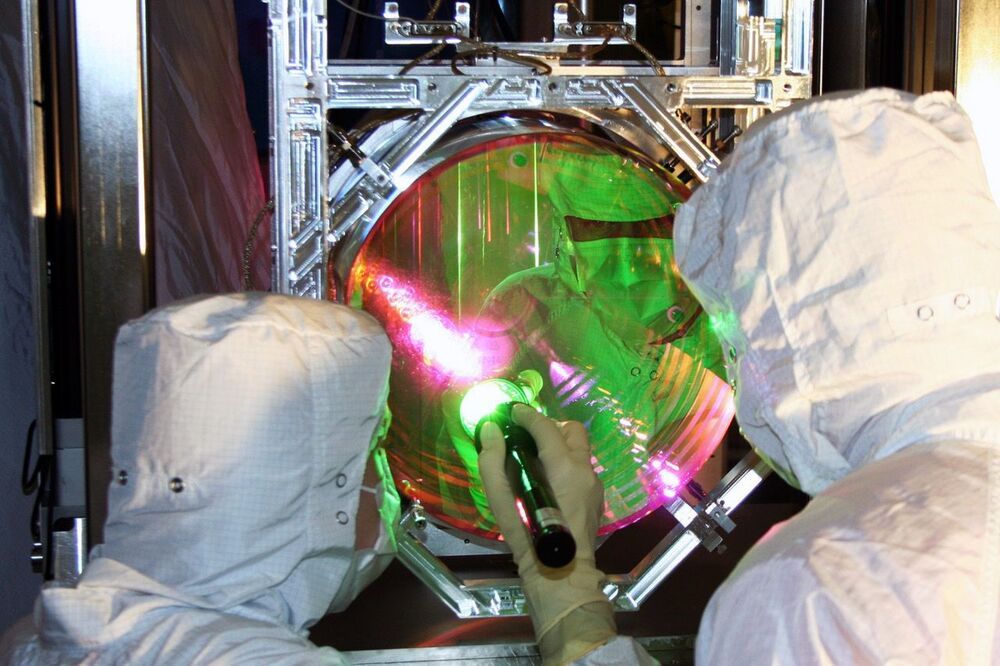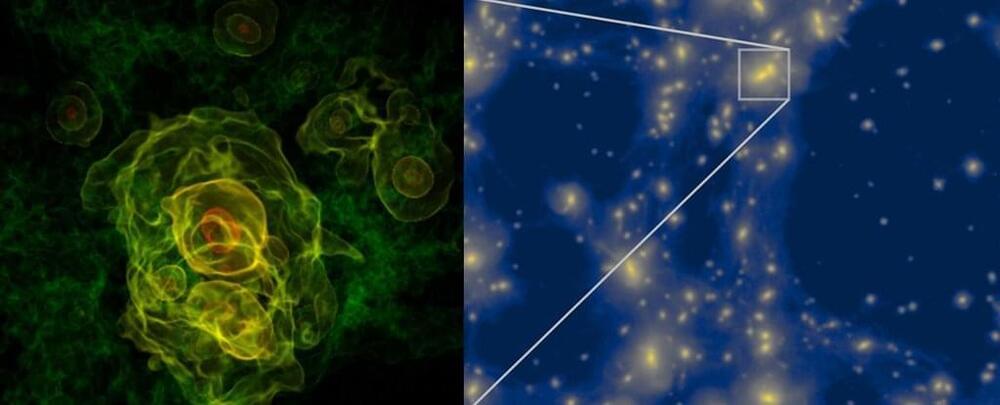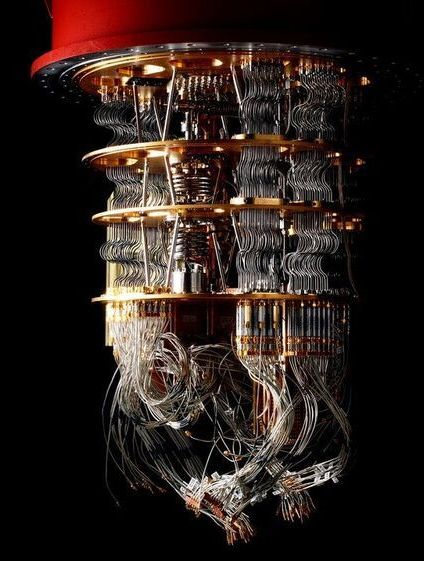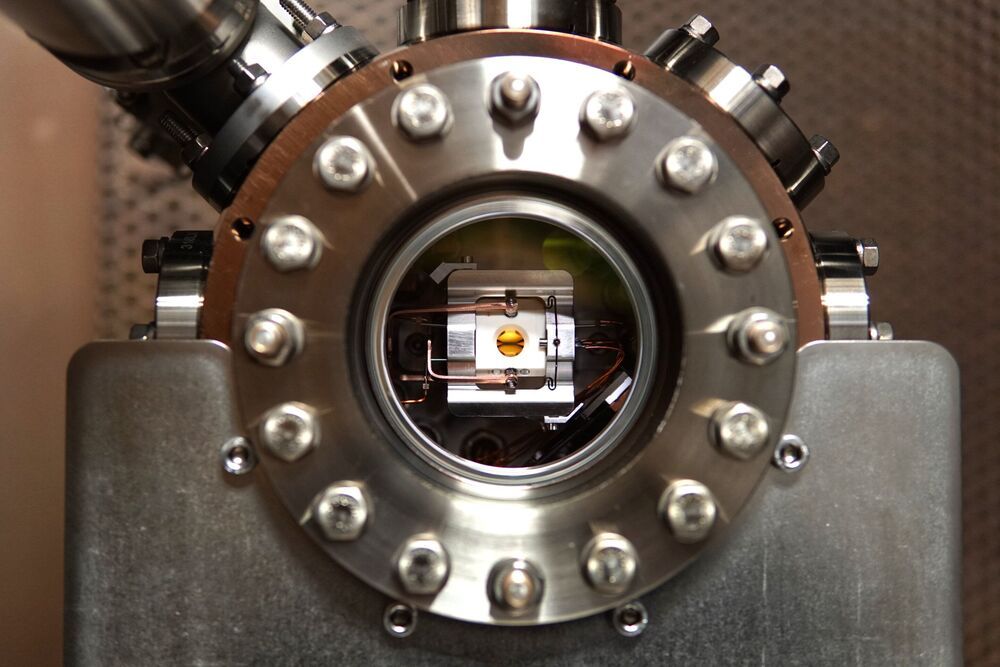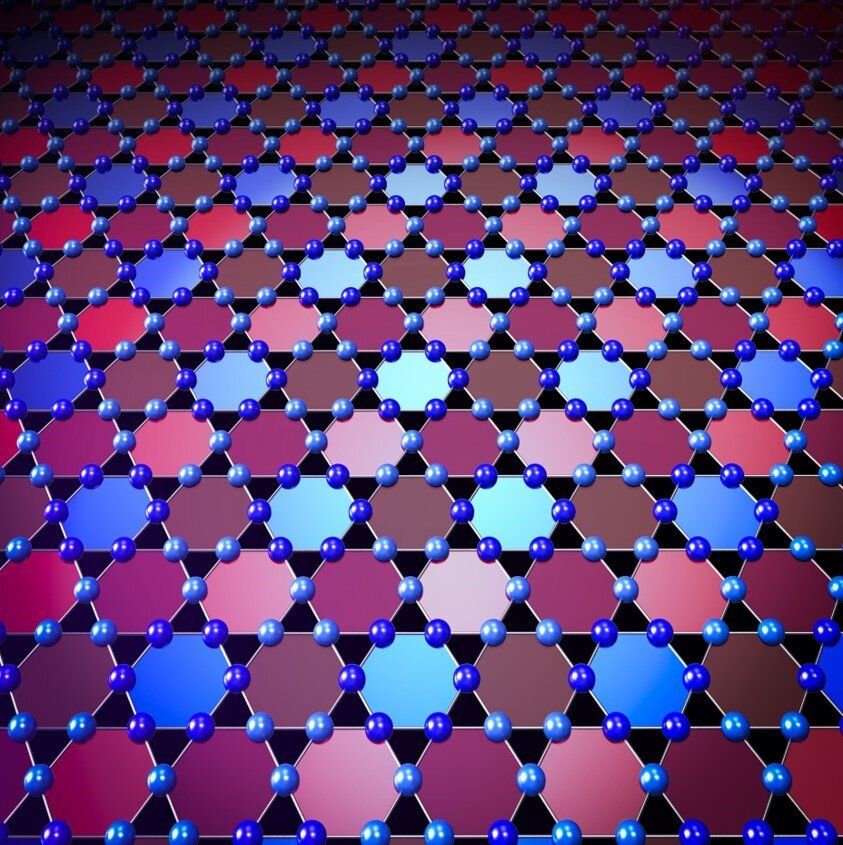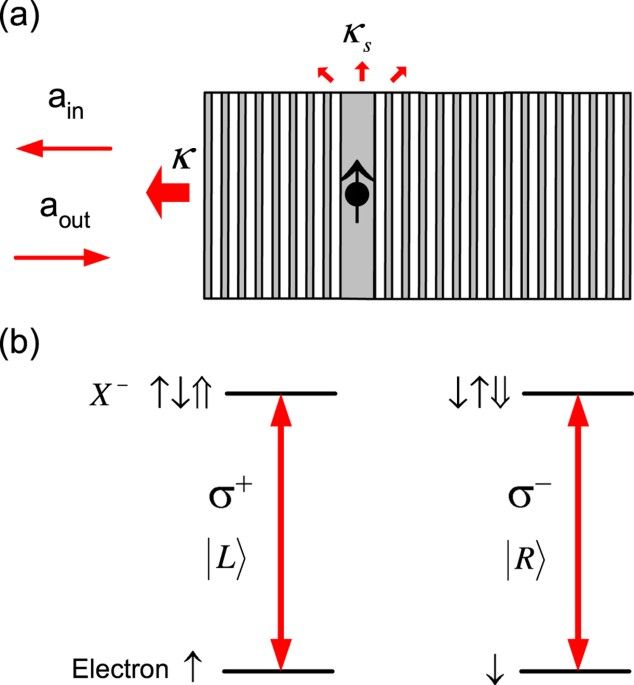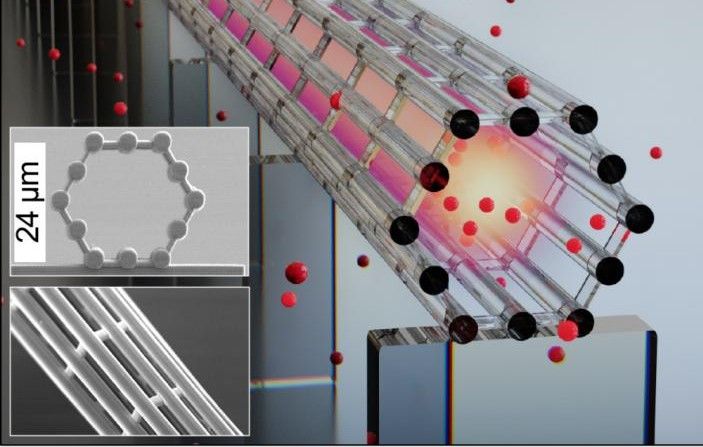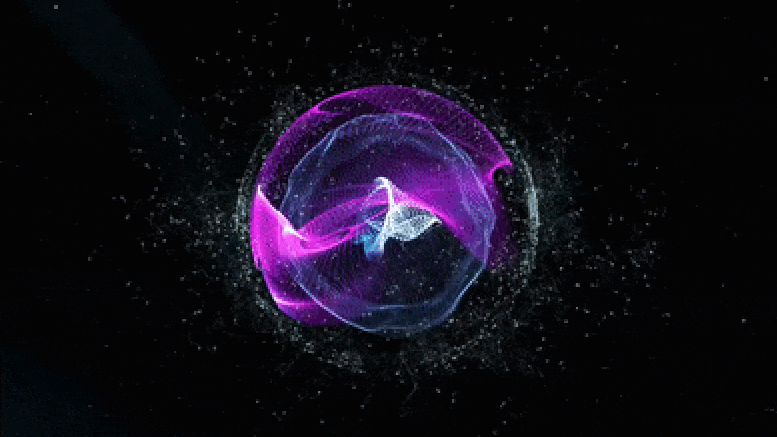In 2013, François Englert and Peter Higgs won the Nobel Prize in Physics for the theoretical discovery of a mechanism that contributes to our understanding of the origin of mass of subatomic particles, which was confirmed through the discovery of the predicted fundamental particle by the A Toroidal LHC Apparatus (ATLAS) and the Compact Muon Solenoid (CMS) experiments at The European Organization for Nuclear Research (CERN)’s Large Hadron Collider in 2012. The Higgs mode or the Anderson-Higgs mechanism (named after another Nobel Laureate Philip W Anderson), has widespread influence in our current understanding of the physical law for mass ranging from particle physics—the elusive “God particle” Higgs boson discovered in 2012 to the more familiar and important phenomena of superconductors and magnets in condensed matter physics and quantum material research.
The Higgs mode, together with the Goldstone mode, is caused by the spontaneous breaking of continuous symmetries in the various quantum material systems. However, different from the Goldstone mode, which has been widely observed via neutron scattering and nuclear magnetic resonance spectroscopies in quantum magnets or superconductors, the observation of the Higgs mode in the material is much more challenging due to its usual overdamping, which is also the property in its particle physics cousin—the elusive Higgs boson. In order to weaken these damping, two paths have been suggested from the theoretical side, through quantum critical points and dimensional crossover from high dimensions to lower ones. For , people have achieved several remarkable results, whereas there are few successes in.
To fulfill this knowledge gap, from 2020, Mr Chengkang Zhou, then a first-year Ph.D. student, Dr. Zheng Yan and Dr. Zi Yang Meng from the Research Division for Physics and Astronomy of the University of Hong Kong (HKU), designed a dimensional crossover setting via coupled spin chains. They applied the quantum Monte Carlo (QMC) simulation to investigate the excitation spectra of the problem. Teaming up with Dr. Hanqing Wu from the Sun Yat-Sen University, Professor Kai Sun from the University of Michigan, and Professor Oleg A Starykh from the University of Utah, they observed three different kinds of collective excitation in the quasi-1D limit, including the Goldstone mode, the Higgs mode and the scalar mode. By combining numerical and analytic analyses, they successfully explained these excitations, and in particular, revealed the clear presence of the Higgs mode in the quasi-1D quantum magnetic systems.
